Cortisol is a hormone we hear about a lot these days. It’s known as the stress hormone, meaning that when your body enters a stressful state, cortisol is released (along with epinephrine and norepinephrine) to help you get through a stressful situation.
But it’s important to understand that dealing with stress isn’t the only role cortisol plays in your body.
For one thing, cortisol plays a critical role in optimal thyroid function. You need it to release TSH (thyroid-stimulating hormone), so if your body’s cortisol levels are too LOW, thyroid function suffers.
Balanced cortisol levels also help you wake up in the morning and go to sleep at night. Cortisol levels are meant to rise in the morning, helping you wake up alert; and lower in the evening, so that you can relax and fall asleep.
Cortisol is also triggered when you experience pain, either physical or emotional, to help you remember what led up to the pain, so you don’t repeat it, and therefore increase your chances of survival.
Not all pain is deadly (or even bad), of course, and some forms of pain even make you more resilient.
But because physical pain might be deadly – and because emotional pain in response to social rejection or discomfort may lead to you being kicked out of a tribe, which, for much of human history, was a death sentence – your body evolved to remember pain and mistakes very clearly so you wouldn’t repeat them, in order to increase your chances of survival.
As you can see, cortisol plays a critical role in healthy bodily function.
AND, like everything else, cortisol has a flip side.
Our bodies are perfectly designed to handle temporary bursts of stress, which may save our lives.
They’re NOT designed to live in constant stress, which wears our bodies down faster, interferes with digestion (because your body’s not worried about digesting food when you’re running from a predator, it’s worried about you getting away or killing the predator so you survive), and eventually leaves us feeling wired but tired, due to the imbalance.
Cortisol levels that are too low are just as dangerous as levels that are too high, which is why balance is key.
After two straight years of terror and loss in the COVID-19 pandemic, many people’s cortisol levels are imbalanced (even more imbalanced, in many cases).
Copious amounts of sugar, gluten, and chemicals in processed food also disrupt hormone balance in general, which further interferes with optimal cortisol levels (as well as optimal levels of all hormones).
And lack of sleep, another common problem (made worse by poor food choices and lifestyle habits), also leaves your body in a state of stress.
Balancing your cortisol levels starts with a clean diet of real food, drinking water instead of processed and caffeinated drinks, and getting enough quality sleep.
Proper supplementation, in combination with real food, water, and sleep, can help restore balance even faster (especially if you live with a lot of stress, as most people do).
It’s why I offer the Code Red Stress Support Bundle, to help balance your cortisol levels.
With balanced cortisol levels, your body just plain works better.
You can fall asleep more easily at night, and wake up more easily in the morning.
Belly fat, a common symptom of imbalanced cortisol, may reduce.
Weight loss, which a cortisol imbalance interferes with (and even prevents, in some cases) improves, because your body stops thinking it needs to hold onto fat to protect you.
If you have a weight problem, carry belly fat, aren’t sleeping, struggle to fall asleep at night, struggle to wake up/get up in the morning, experience constant or near-constant food cravings, and often crave sugar and carbs, your cortisol levels are probably imbalanced, and you could benefit from the Code Red Stress Support Bundle.
Click here to read more about it and get the bundle shipped straight to your house.
